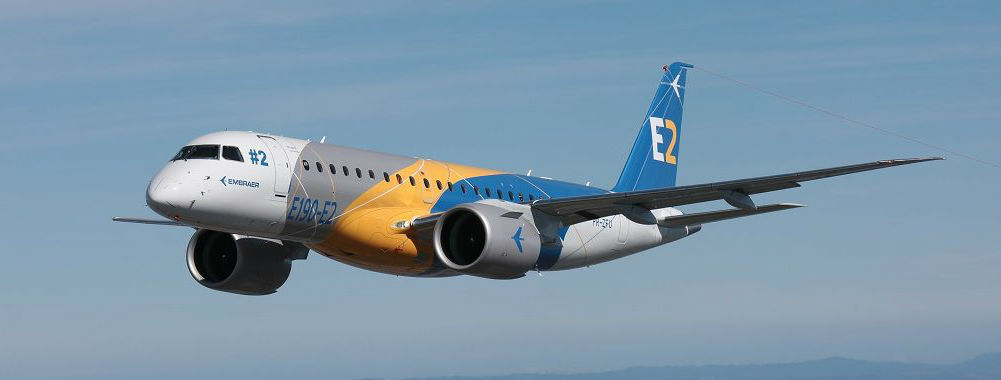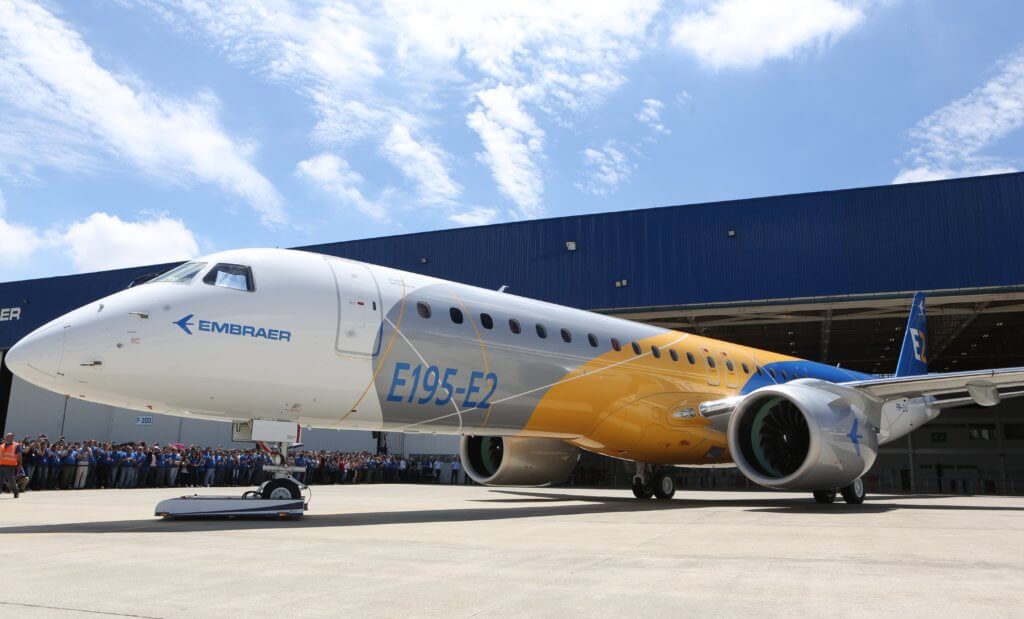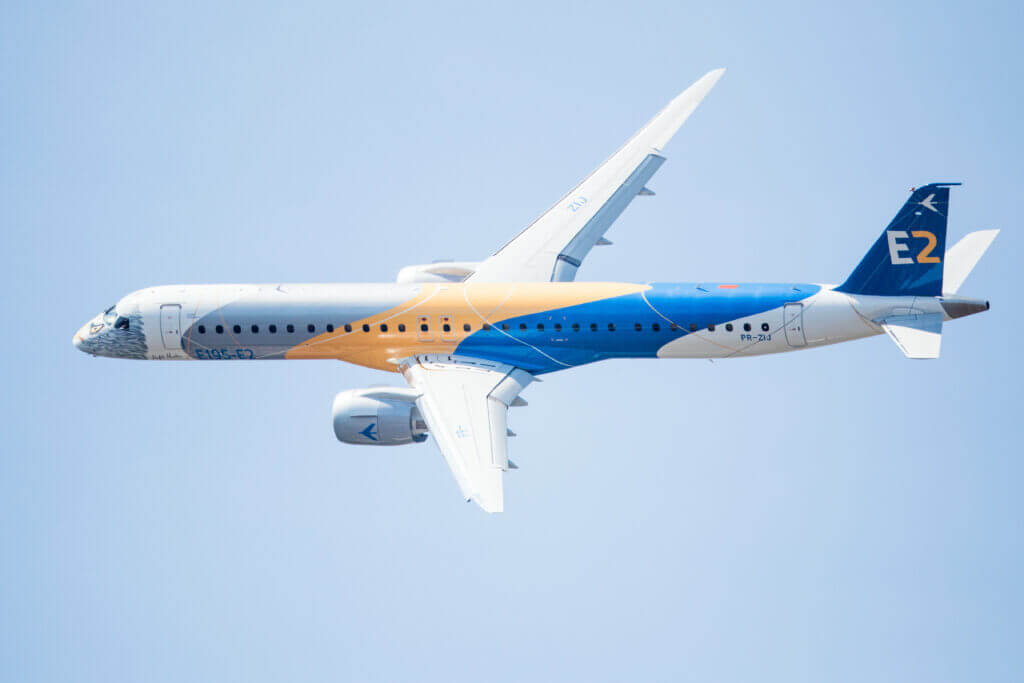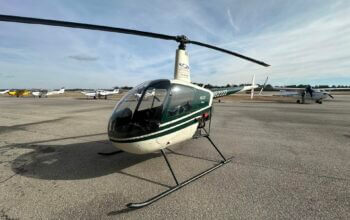Estimated reading time 5 minutes, 8 seconds.
In a move that won’t surprise some industry analysts, The Boeing Company and Embraer announced on Dec. 21 that the two companies are “engaged in discussions regarding a potential combination.”

While both Boeing and Embraer refused to comment further on the terms of a possible partnership, the statement did say that any agreement would be subject to the approval of the Brazilian government and regulators, the two companies’ boards and Embraer’s shareholders.
The Wall Street Journal first reported that Boeing was in “takeover talks” with Embraer.
The announcement comes slightly more than two months after European giant Airbus announced it had acquired a 50.01 per cent majority stake in Bombardier’s C Series program, putting its support and considerable resources behind the cutting edge Canadian commercial jet.
In his October 2017 newsletter, well-known aviation industry analyst Richard Aboulafia, vice-president of analysis at Teal Group, noted that Embraer may also be a collateral winner in that deal.
“The world has two top-tier airframers, and two second-tier airframers,” wrote Aboulafia. “Airbus and Bombardier are now allies. This greatly increases the likelihood of a stronger Boeing-Embraer alliance as a response.”

Indeed, the two U.S. and Brazilian OEMs forged ties in 2012, when they announced they would work together to create value for both companies and their customers, including a shared focus on the development of sustainable aviation biofuels.
So far, this has also included a “technical collaboration” on the development of Embraer’s KC-390 and Super Tucano military aircraft programs. In addition, Boeing and Embraer introduced a shared set of tools for their customers that were aimed at reducing runway excursions by commercial aircraft.
In 2015, they came together to test environment-focused technologies through Boeing’s ecoDemonstrator Program, with the goal of accelerating the testing and approval of new technologies that reduce aircraft fuel consumption, carbon emissions and noise.
So, while it’s safe to say Boeing and Embraer are definitely not enemies, the extent of any new collaboration remains unclear.
On Oct. 25, 2017, Boeing CEO Dennis Muilenburg told financial analysts the Airbus-Bombardier deal wouldn’t change the Chicago-based OEM’s course.

“We have a strong strategy in place. We’ll continue to look at our strategic alternatives but we don’t need to change the path we’re on. We’re very confident,” he said.
According to the Financial Post, Muilenburg didn’t directly answer questions about whether or not Boeing would pursue an alliance with Embraer. However, “he said mergers, acquisitions and partnerships that complement Boeing’s strategy are options moving forward.”
Meanwhile, news of the Boeing-Embraer discussion comes a day after the U.S. Department of Commerce upheld a decision to impose duties of 292.21 per cent on any Bombardier C Series aircraft sold in the United States.
The ruling supports a complaint launched by Boeing in April 2017, in which it alleged that C Series aircraft were sold to Atlanta-based Delta Air Lines at “absurdly low” prices and that the jet was unfairly subsidized by both the Canadian and Quebec governments.
The duties will only come into effect if the U.S. International Trade Commission rules that Boeing’s business prospects were indeed harmed by the C Series. That decision is expected in February 2018.
One thing is for certain: 2017 will certainly be remembered as a pivotal year in the history of commercial aviation.









Boeaer (Boeing-Embraer) VS Airdier (Airbus-Bombardier) … Let the war begins !